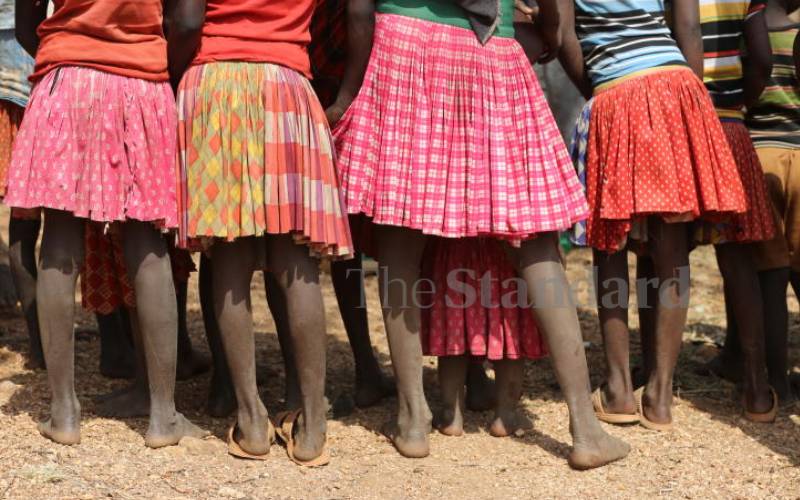
The Day of the Africa Child (DAC) is commemorated annually on June 16 by Member States of the African Union. On this day, the member states take stock of the implementation of practices, policies and programmes that contribute to the rights, protection and welfare of children in their countries.
This day also honours children who died while protesting against the discriminatory apartheid system during the Soweto uprising in South Africa in 1976. This year’s theme is 'Eliminating harmful cultural practices affecting children: Progress on policy and practice since 2013'.